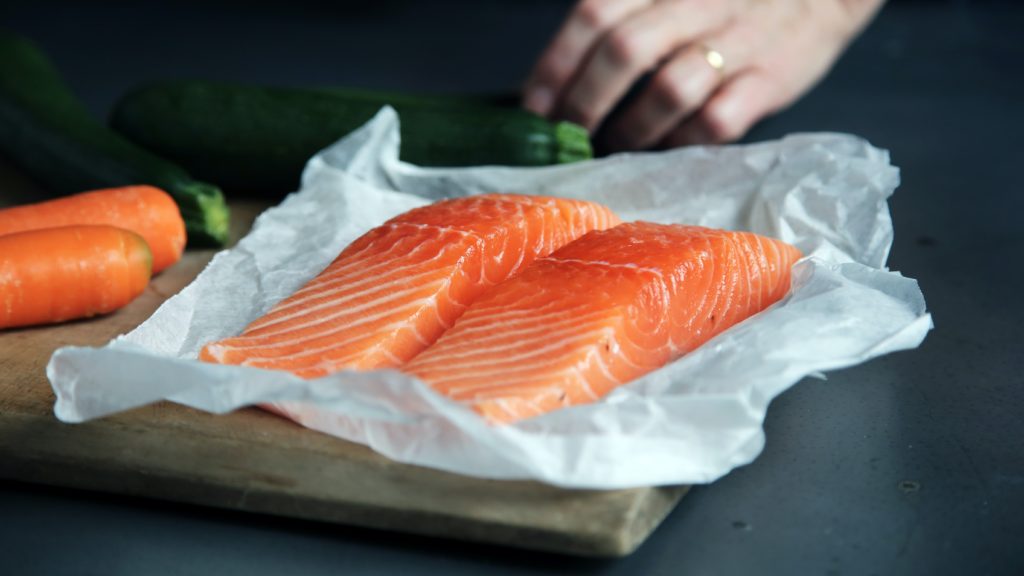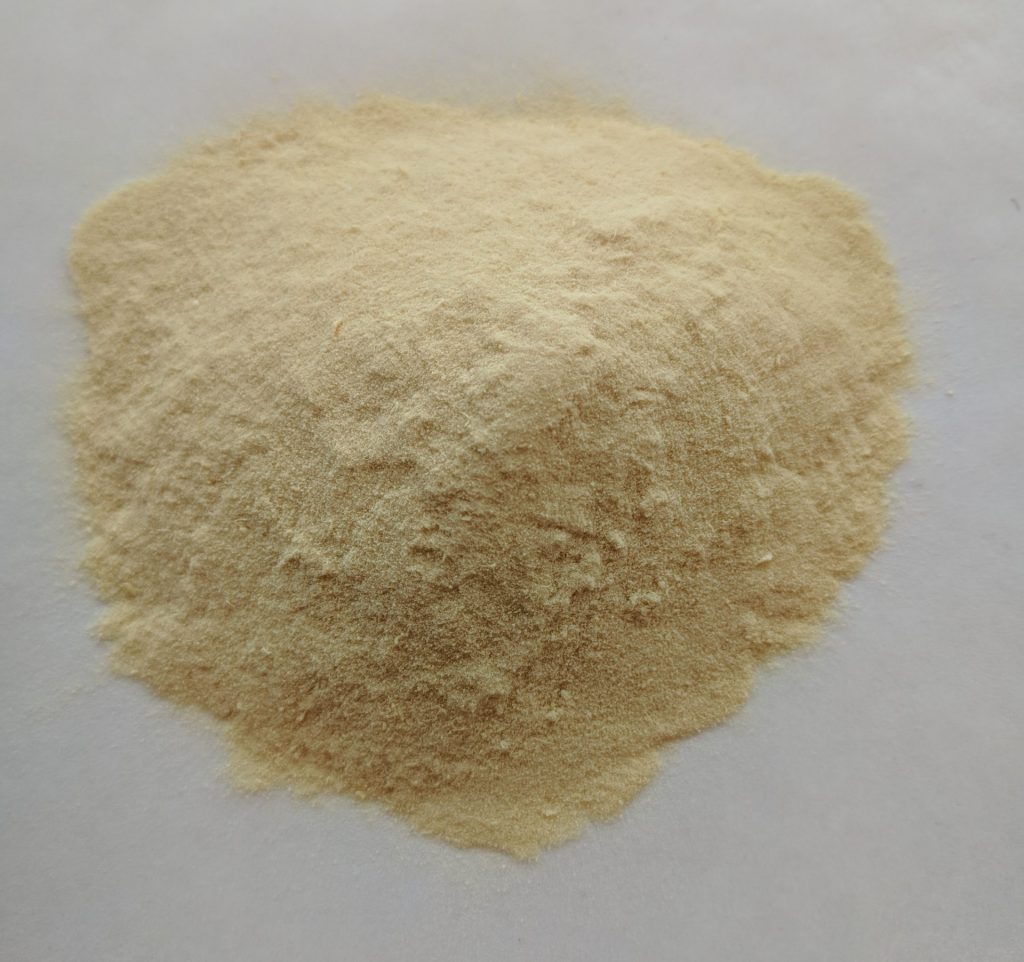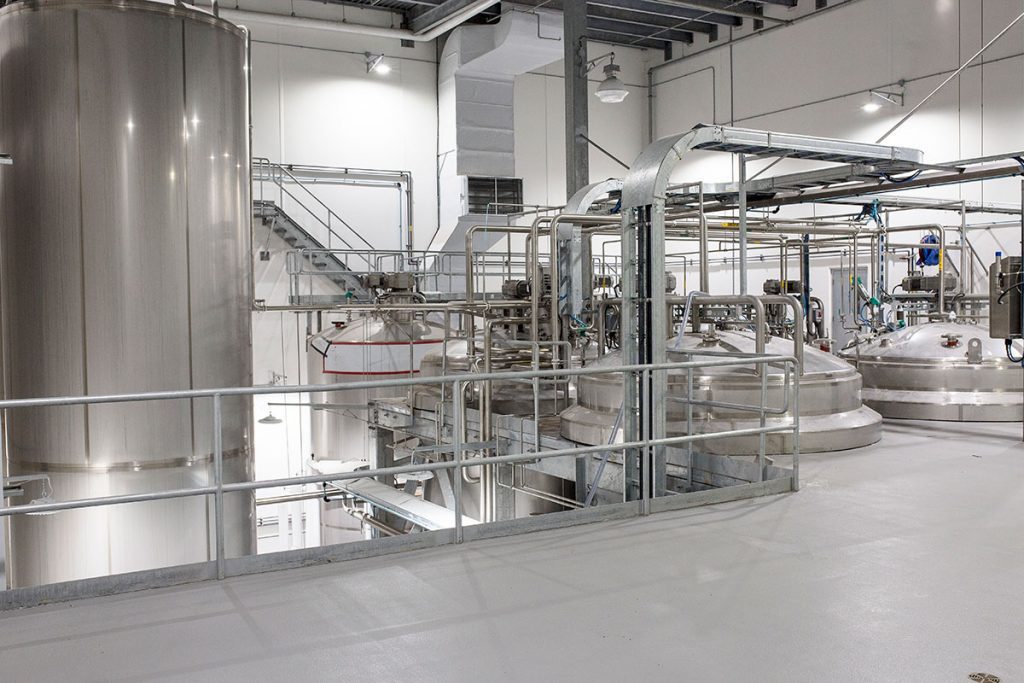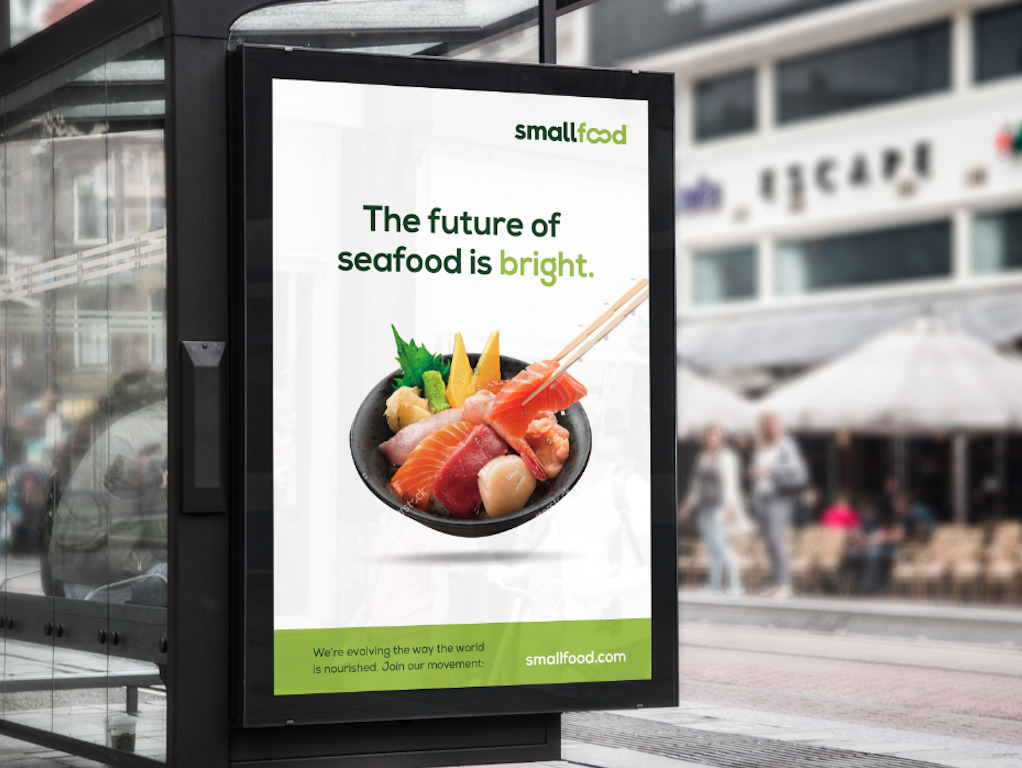3 Mins Read
Smallfood, a Canadian microbial fermentation ingredients startup, claims that it’s about to change the alternative seafood sector thanks to a whole food ingredient it has developed. When added to seafood analogues, the company’s algae-based innovation improves taste and nutrition and helps match conventional seafood in terms of flavour, benefits, and, critically for consumers, price—all while being sustainable.
Smallfood is Canada’s only single-cell licensed aquaculture startup and its new ingredient is being hailed as seafood itself. While the company is not divulging the ingredient’s exact composition, microalgae definitely plays a central role. Smallfood has previously unveiled a strain of algae described as a “perfect protein” that can be used to create plant-based meats.

What’s the problem with conventional seafood?
The global seafood market reached a value of $253 billion in 2021. It is predicted to reach $336 billion by 2025. As demand increases for seafood of all varieties, commercial fishing practices continue to adversely impact climate change and the biodiversity of the planet’s waters. Overfishing is linked to a 34 percent decline of fish stocks, many of which have dropped to “biologically unsustainable” levels.
There is a litany of other negatives associated with conventional seafood, from child and slave labour practices to lack of traceability and massive carbon footprints. The latter is associated with high fuel use for vessels to chase the best catches. Fishing for crustaceans, such as king crab, sees fleets use the most fuel. Fisheries, though less impactful than boats, still contribute to emissions due to the scale of their farms and the energy needed to power them.
Fish is frequently cited as a good source of omega-3 fatty acids and healthy protein. However, most fish contains toxins, including heavy metals, and micro-plastics. Regular seafood consumers are thought to eat up to 11,000 pieces of plastic every year.

Smallfood upping the alternative market?
With demand for seafood increasing, Smallfood has set about devising an ingredient that will make plant-based alternatives a common sense substitution. Consumers are chiefly driven by cost, taste and accessibility. Smallfood aims to combat the first two.
“We believe Smallfood’s wholefood ingredient will be a catalyst for the exponential growth of the alt seafood category. Our cost-effective 3-in-1 ingredient solution provides high-quality protein, omega-3 EPA+DHA, and seafood flavor while ensuring price accessibility for end-consumers,” founder and CEO Marc St-Onge said in a statement.
The startup has developed a proprietary strain of microalgae for use in alternative seafood. The process involved examining more than 20,000 microbes before employing precision fermentation to maximise daily yield. According to the company, all of this is comes at a nominal environmental footprint.
Smallfood has not confirmed if its ingredient is suitable for all alternative seafood technologies (covering plant-based, cultivated, and fermented).

A sector experiencing big growth
The global alternative seafood market is predicted to reach $23.3 billion by 2024. Recent numbers suggest there are currently 120 startups in the space, a number that is growing every year, with 21 new companies launched in 2021 alone, the most to date.
The plant-based seafood is on the rise across the glob, as is cultivated fish and crustaceans. Latin American companies are throwing their hat into the ring with Chile’s unicorn food tech NotCo is looking to develop plant-based fish analogues using its proprietary AI system, while Germany’s Bluu Seafood and China’s CellX announced a strategic partnership to secure faster progress towards sustainable protein development.
Lead photo by Smallfood.





